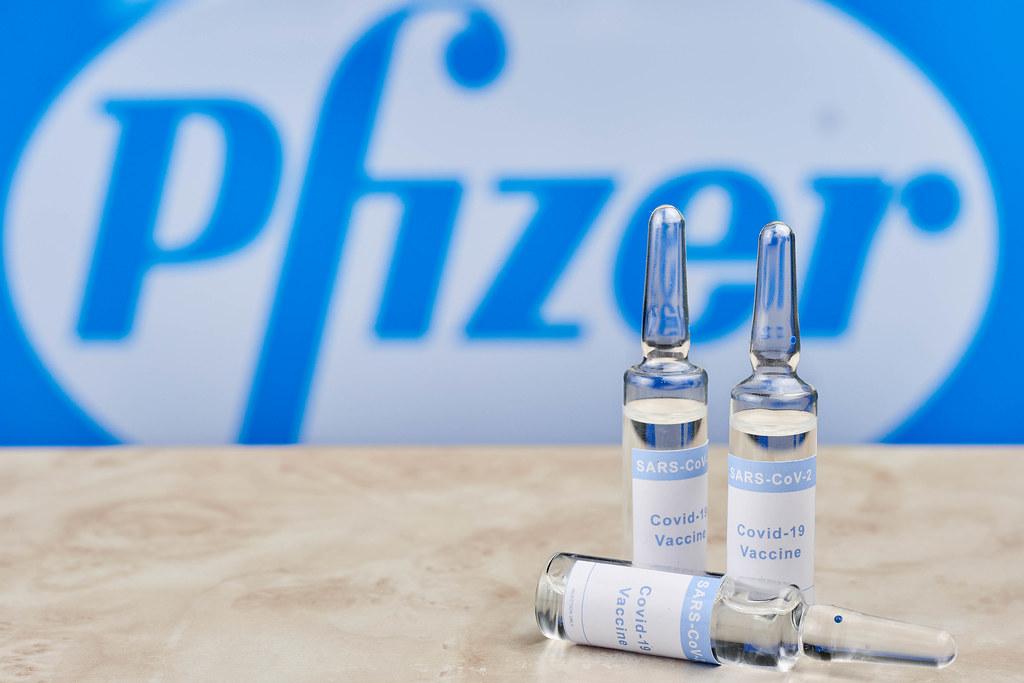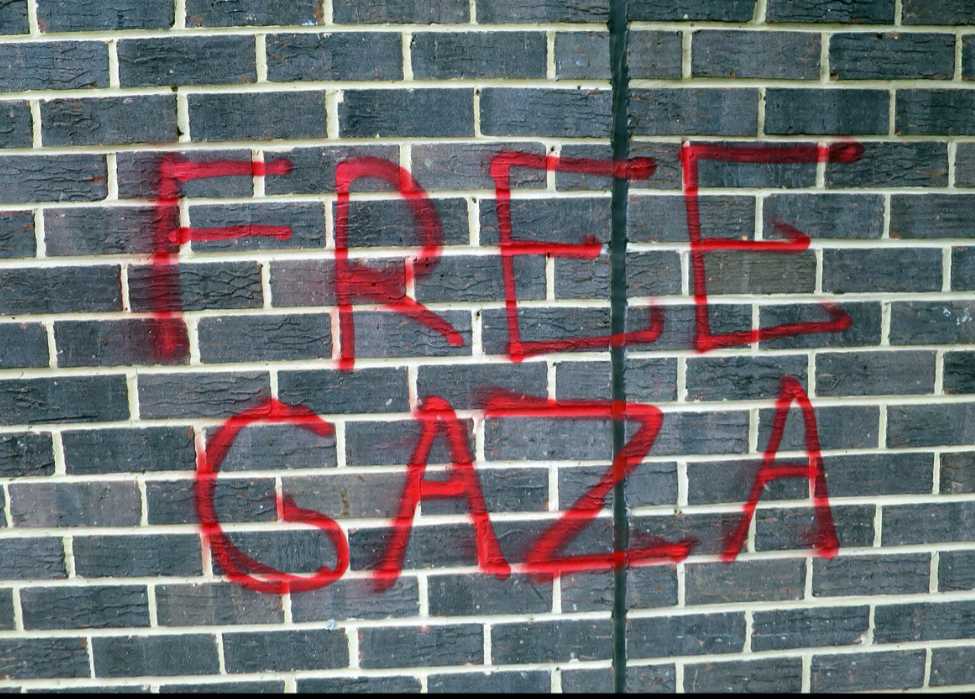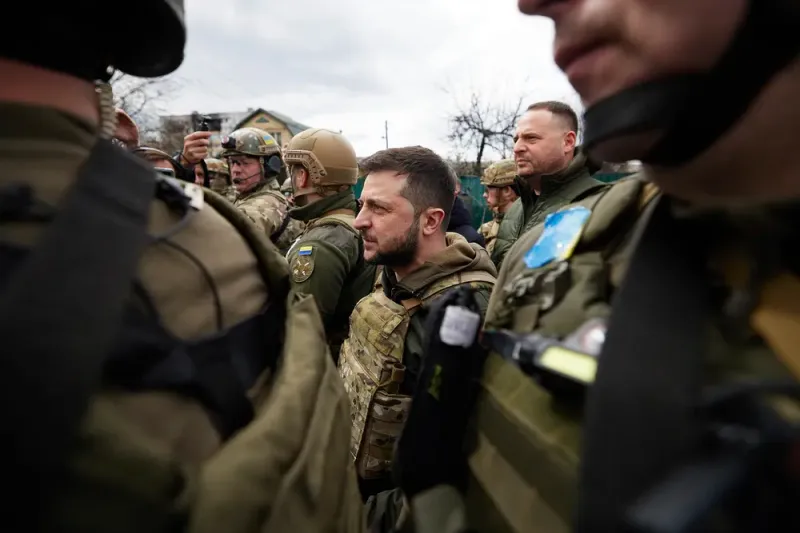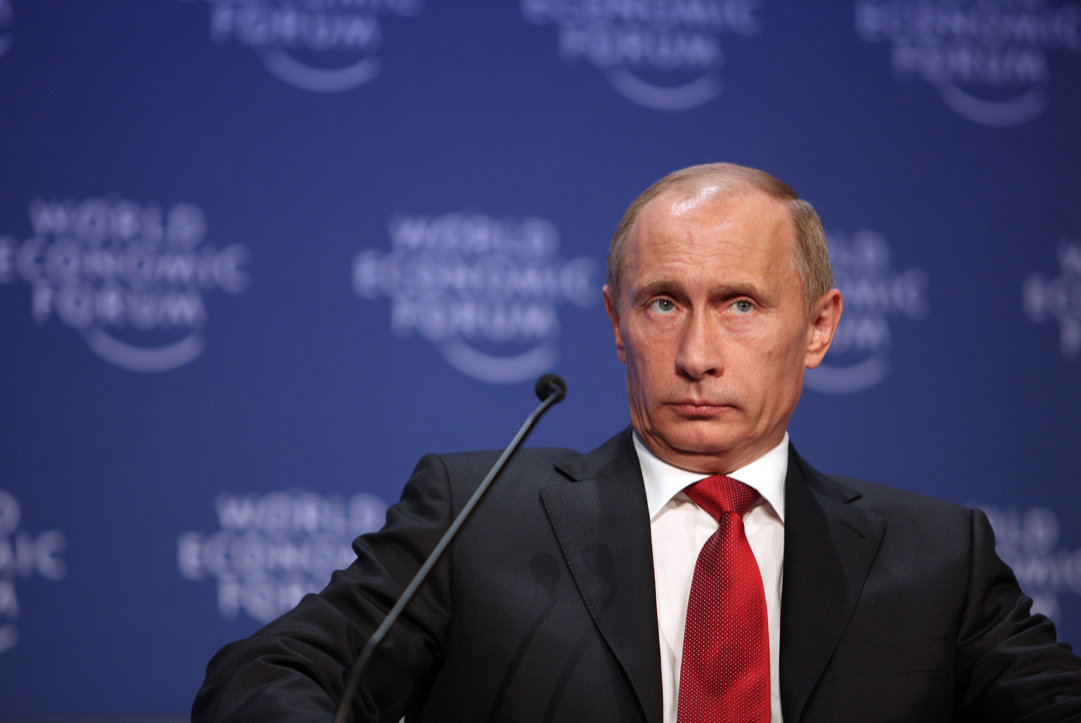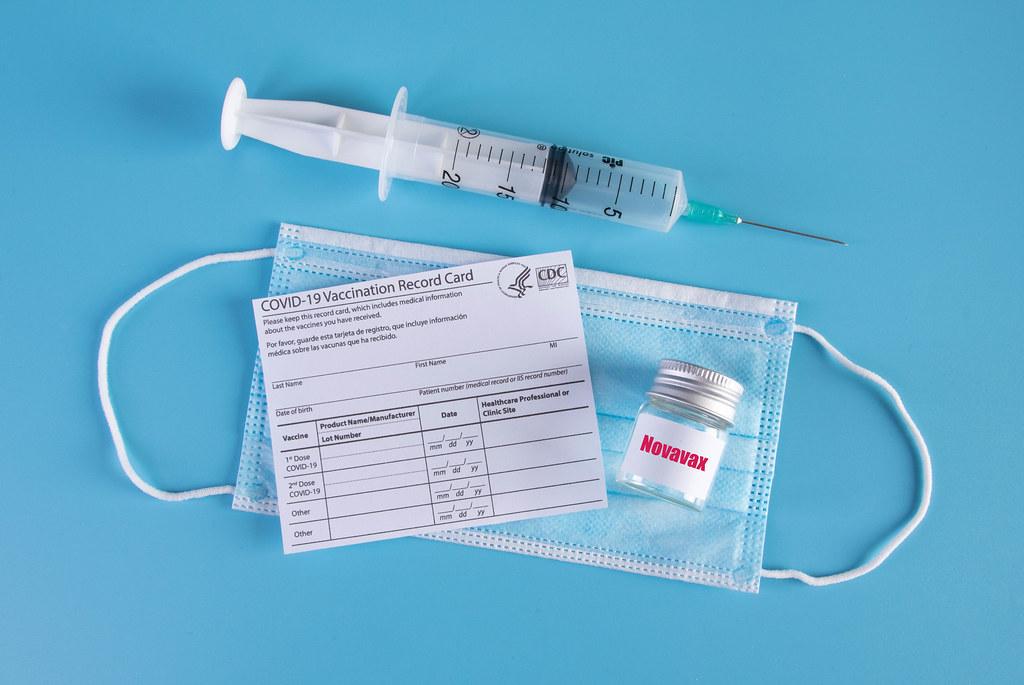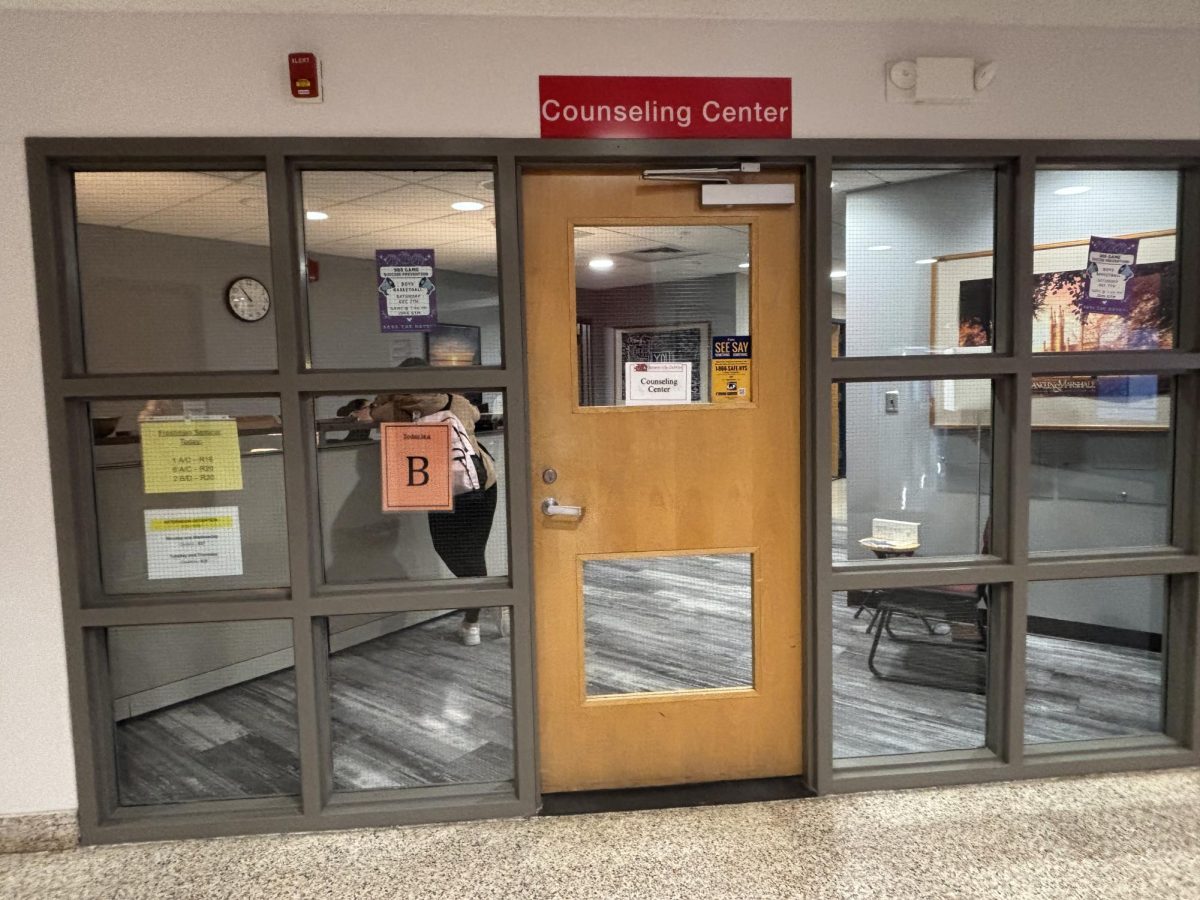The Pfizer BNT162b2 COVID vaccine has been circulating for months now, and has been injected into the arms of millions of Americans, offering protection from the novel coronavirus. However, there is one point that nobody is discussing when it comes to the vaccine from Pfizer and BioNTech. The vaccine is almost fully effective only 12 days after the first dose. On top of that, Oxford and AstraZeneca’s vaccine research showed that their own vaccine was similarly effective at preventing COVID-19 when doses were administered three months apart. The Moderna vaccine shows similar results, with cases among the vaccine group dropping sharply after about 14 days.
Seems crazy, right? In the study published in the New England Journal of Medicine, the Pfizer researchers found that the vaccine was 52% effective during the interval between the first and second dose. Many people are misinterpreting this number to mean that the vaccine only shows half its normal efficacy between the first and second dose. This is not the case. The efficacy rate shows that the vaccine makes an individual with the vaccine 95% less likely to contract COVID than someone without a vaccine, and 100% less likely to get a severe case. The 52% efficacy rating between the doses comes from the period less than 12 days after the first dose. If the researchers measured the efficacy of the Pfizer vaccine from days 12 to 21 (second shot), the efficacy would be at least 70%, which is comparable to other vaccines after full vaccination. The graph below from the Pfizer study shows that new cases among vaccine recipients evens out around day 12.
In Israel, researchers at the Clalit Research Institute compared the COVID-19 infection data of 200,000 people aged 60 and over who were not vaccinated with the infection data of 200,000 people of the same age group who were monitored for at least 11 days after the first dose. However, this research was only done on older people, and the findings have yet to be peer reviewed. According to Clalit, on day 14 there was a “significant decrease of about 33% in the rate of positive tests for the coronavirus” among those who had been vaccinated. This decrease remained the same between days 15 and 17. Furthermore, Clalit’s research only included the data of those who chose to be tested for COVID-19. Most people who get tested have shown some symptoms, so the data may be skewed. Pfizer’s data may have also been skewed, however, as it only accounted for symptomatic cases among all its study participants, and not asymptomatic ones. Data assessed by Public Health England indicated that the vaccine could be as much as 89% effective between days 15 and 21. Additionally, another study out of Israel, this one conducted by medical journal The Lancet, found that the Pfizer vaccine was 85% effective at preventing symptomatic COVID-19 cases.
Several countries have resorted to only administering one vaccine dose as a way to vaccinate more people overall. The United Kingdom has delayed Pfizer vaccine doses to increase the number of people vaccinated. The CDC changed its recommendations to state that the Pfizer and Moderna vaccines could be delayed by up to six weeks if necessary. Pfizer themselves, however, have not studied a possible change in the number of doses, and many scientists agree that more data is needed to determine whether or not one dose vaccinations should be implemented across the globe.
So what does this mean for the general public? Scientists say that you should still get the second dose of every vaccine that was tested with it (Pfizer, Moderna, AstraZeneca, etc.). However, the new data is encouraging, and perhaps COVID precautions and restrictions could be eased 12 days after the first Pfizer or AstraZeneca vaccine.





























